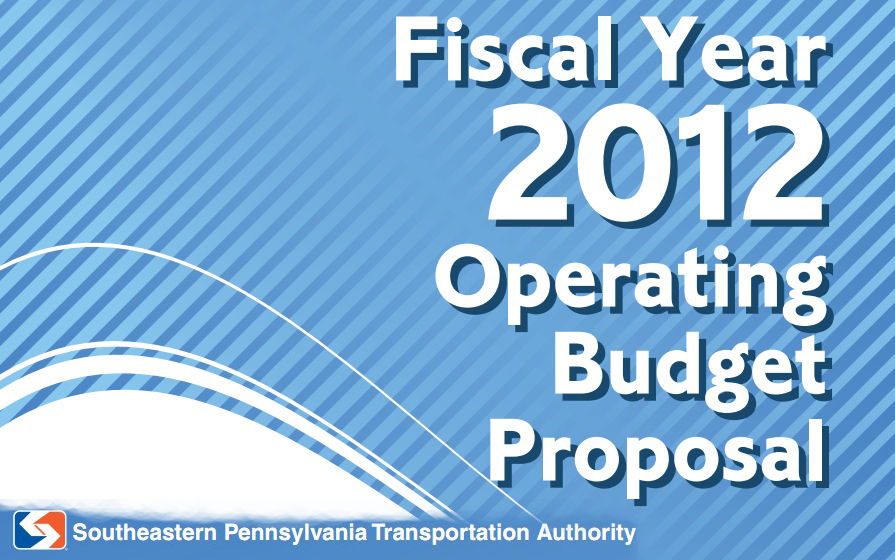Sparks fly at SEPTA operating budget hearing

SEPTA has a relatively boring operating budget proposal for next year. The $1.23 billion plan contains no fare hikes or service reductions.
But that didn’t stop a confrontation from erupting at a budget hearing Tuesday between Lance Haver, Philadelphia’s consumer advocate, and a SEPTA official.
Haver sharply criticized SEPTA’s handling of its service stabilization fund, a rainy day reserve the authority uses to close budget shortfalls.
SEPTA doesn’t include the exact amount in the fund in its budget proposal ― a fact which left him “at a little bit at a loss.”
Frank Gormley, SEPTA’s operating budget director countered Haver’s charge that the information was important to provide to riders. Gormley said riders feel “almost like a sense of relief” that the fund exists to cover budget shortfalls but aren’t concerned with the exact amount in the fund.
Haver, though, told hearing examiner Robert Waller that Waller needed to know the exact amount contained in the fund before making his report to the SEPTA Board about whether to approve the operating budget proposal.
Waller asked Gormley to make the number available in the official record of the hearings.
Last year, SEPTA transferred $26 million from the fund to close a deficit caused, in part, by ridership declines.
Gormley, for his part, expressed annoyance at some of Haver’s other questions, which focused on SEPTA’s efforts to save money by purchasing propulsion power with other large suppliers, as well as its plans to establish alternative revenue sources, like through advertising sales.
“A lot of your questions are not totally related directly to the budget documents,” Gormley told Haver, adding that if Haver submits his questions to SEPTA a few weeks in advance, the authority could have answers for him by the time of the mandated budget hearings.
Haver, though, was unconvinced that approach would yield him more information and said that “it speaks volumes” that Gormley didn’t have information, such as the size of the service stabilization fund, at his fingertips.
In separate testimony, Matt Mitchell of the Delaware Valley Association of Rail Passengers praised the “conservative fiscal strategy” underlying the budget proposal but warned that an increase in state funding was required to provide long-term fiscal stability to SEPTA.
The authority is planning on drawing from the service stabilization fund this year to balance its budget, but Mitchell pointed out that the fund ― which originally had $100 million in it ― will eventually run out, leading to service cuts.
Mitchell also warned about labor and fringe benefit costs that were increasing above the level of inflation and noted that a large bump in projected revenue in 2013 indicates a fare increase of up to 9 percent might be in the works.
The advocacy group would oppose any fare increase above the level of inflation, Mitchell said.
Hearings on the operating budget continue through April 21, and Waller will be accepting written testimony on the budget through the close of business on April 29.
A schedule of hearings and more information about submitting written comments can be found here.
After the record is closed, Waller will submit his report to the SEPTA Board, which will then vote on the budget proposal.
Two similar hearings will be held for the proposed capital budget at SEPTA headquarters on April 26 at 11:30 a.m. and 5 p.m.
WHYY is your source for fact-based, in-depth journalism and information. As a nonprofit organization, we rely on financial support from readers like you. Please give today.



